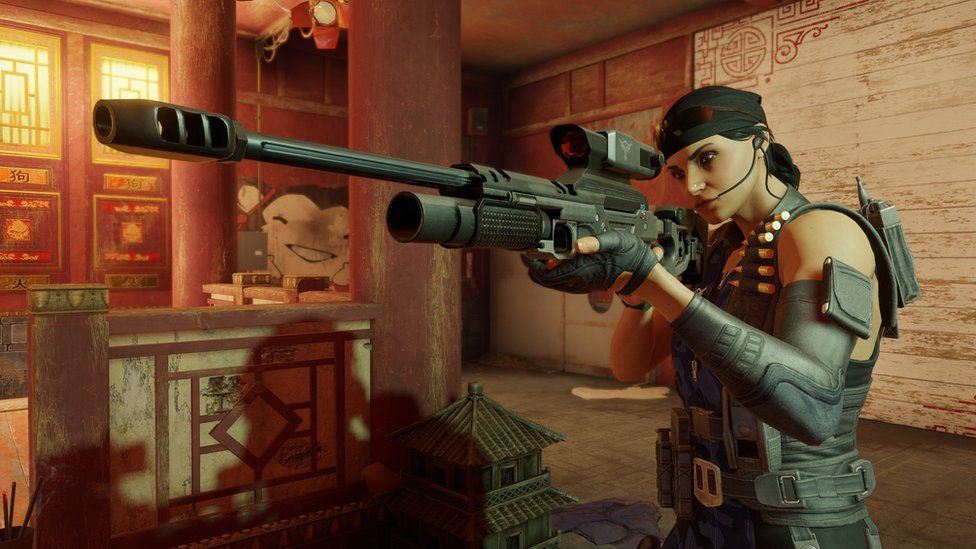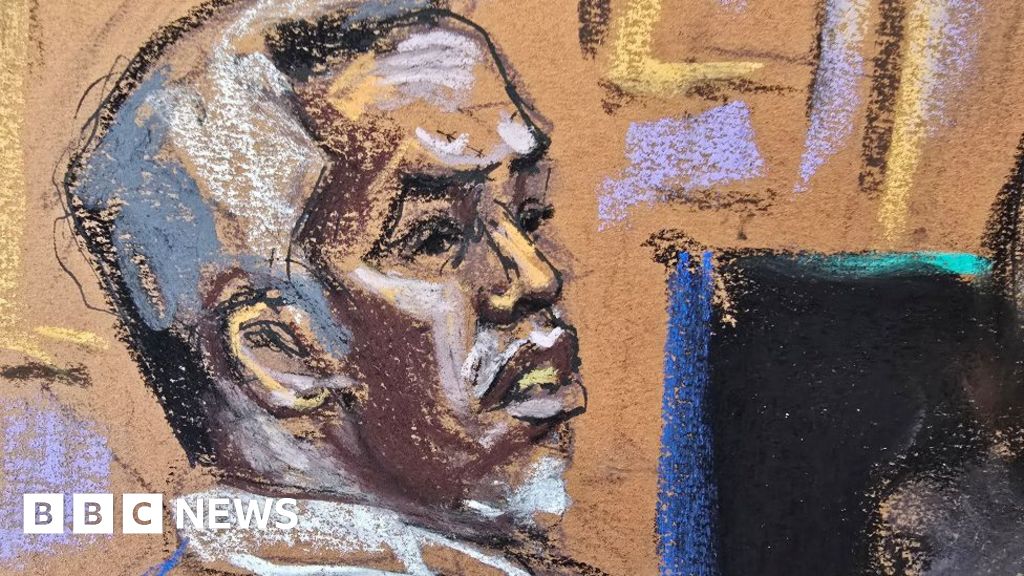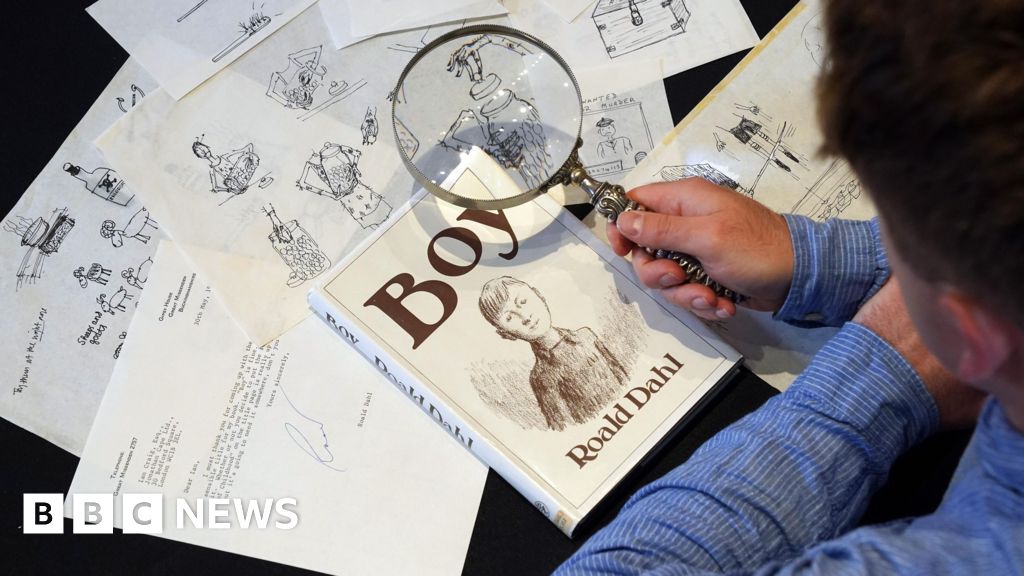ARTICLE AD BOX
 Image source, Ubisoft
Image source, Ubisoft
Female players and people of colour say they often face harassment and abuse in online multiplayer
By Andrew Rogers
BBC Newsbeat
Gaming giant Ubisoft has launched a guide designed to help players address their own "toxic" behaviours online.
The Assassin's Creed publisher says its Good Game Playbook will be sent to players reported for harassment in two multiplayer titles.
It hopes the 11-page booklet will "equip players to identify, counter, and shield themselves" from abuse.
But the company's player safety boss admits tackling toxicity is a "never-ending battle".
Most gamers would agree that online multiplayer can be a toxic environment, especially for female players and people of colour.
It's well-known that those groups face sexism, rape and death threats on a daily basis.
That's a problem for games companies looking to attract or retain audiences, as multiplayer titles can be money-makers.
'Tilt triggers'
A big complaint is that, despite the problem being industry-wide, not enough is being done to acknowledge and address it.
Ubisoft's Jérémy Marchadier tells BBC Newsbeat "disruptive player behaviour is an issue that we take very seriously, but is also complex to solve".
He says the Good Game Playbook is an attempt to encourage people to engage "in a more positive way of playing".
The first copies will be sent to anyone reported for harassment, but also anyone who makes a report.
For the second group, it contains tips on building resilience and on trying not to engage with toxicity to protect yourself.
But its main focus is on managing anger and showing self-awareness if your own behaviour is problematic.
Image source, Ubisoft
Image caption,For Honour is one of the titles Ubisoft will use to launch the new guide
The company partnered with gaming mental health charity Safe in Our World to create the guide.
Rosie Taylor, a content and community manager from the organisation, said working on the project made them realise that previous approaches were "not really tackling it at the source".
"We need to also look at the players who are being disruptive," she says.
The guide talks about managing anger, and how that can "make the experience negative for other players as well", says Rosie.
She mentions "tilt" - a term for the frustration that emerges when someone "is having a series of terrible games" that might cause them to lash out.
Because of this, Rosie says, one focus of the guide is on triggers, and "being able to recognise when things are becoming too much and when you actually just need to step away".
This approach, of encouraging perpetrators rather than victims to change their behaviour, is similar to the ethos of the UK government's anti-sexual harassment campaign called Enough.
Will it actually work?
The big question about the Good Game Playbook is "will people actually read it".
Jérémy says the guide is a "communication tool" that Ubisoft will use as a "test and learn initiative".
Rosie hopes the "broad and non-complicated" guide will appeal to people because it's accessible.
"We wanted it to be to the point, clear, concise, and then also link out to more information if people needed it, which is certainly what we've done there," she says.
Danielle Udogaranya, a content creator known to many as Ebonix, is a diversity advocate who's worked with Safe in Our World.
She accepts that people might not actually read the playbook but tells Newsbeat "it's a start" and a sign the industry is trying to be proactive rather than reactive.
Danielle says most big games companies have previously left communities in different games to police themselves, and says she's pleased to see Ubisoft taking efforts more "in-house".
And if people don't read the guide, she says that will hopefully be useful information for future efforts to make changes.
Jérémy admits the guidebook is one part of wider attempts to make online gaming safer and there will always be monitoring to be done and adjustments to be made.
"It's a never-ending battle, basically," he says.
Earlier this year Ubisoft launched a system devised with help from Northumbria Police to tackle the most extreme forms of online harassment.
Newsbeat's asked the force for an update on any actions that have been taken since that started.

 1 year ago
34
1 year ago
34








 English (US) ·
English (US) ·